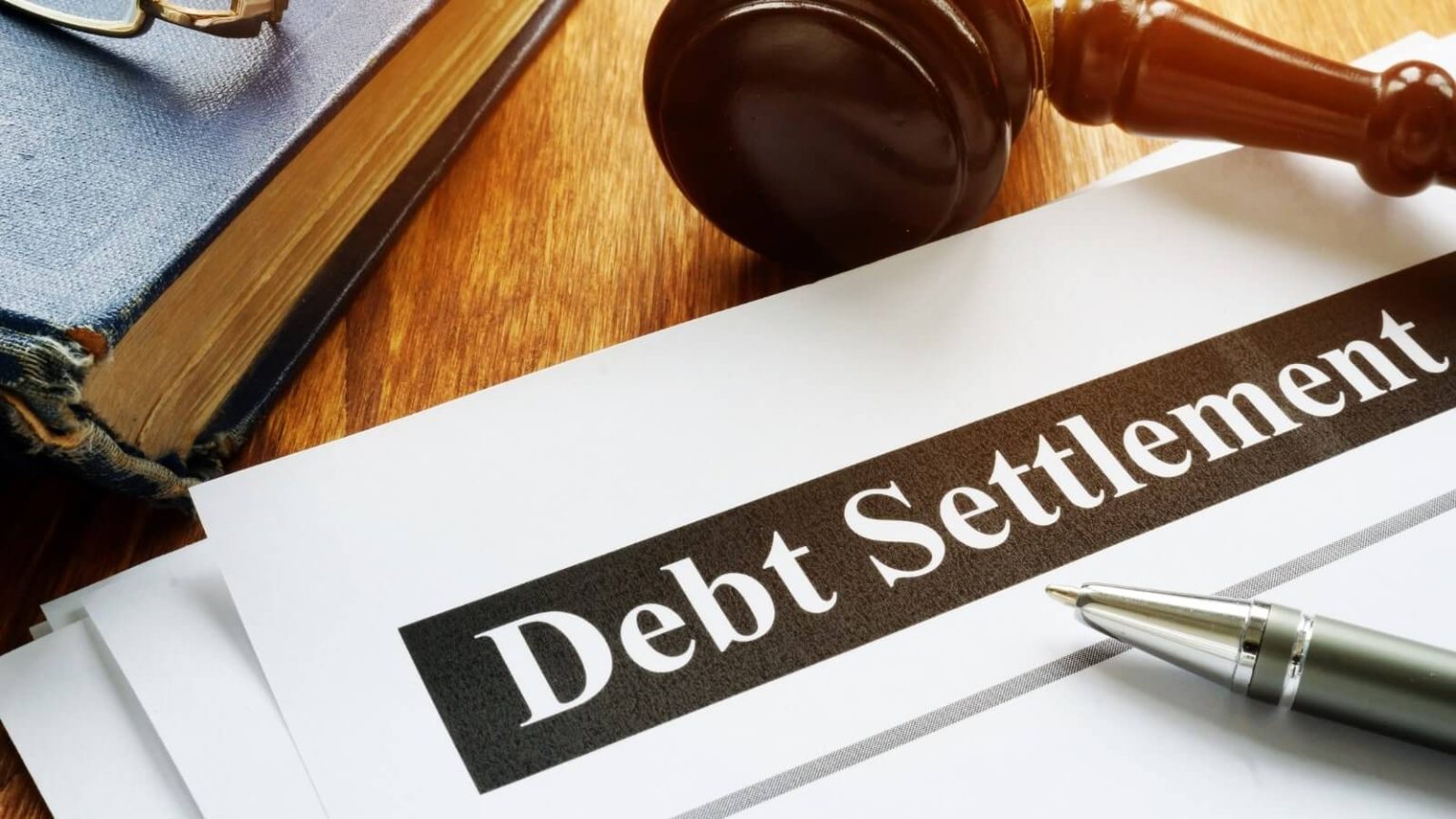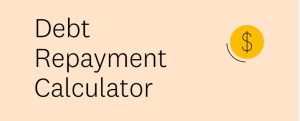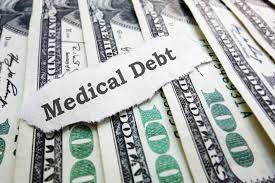Negotiating debt settlements can be a powerful tool for individuals struggling with overwhelming debt. This process involves reaching an agreement with creditors to pay less than the full amount owed, potentially saving you thousands of dollars and helping you regain financial stability. In this guide, we’ll explore effective strategies and tips for negotiating debt settlements, empowering you to take control of your financial future.
Skale Money Key Takeaways
- Debt settlement can significantly reduce your overall debt burden
- Proper preparation is crucial for successful negotiations
- Effective communication with creditors is key to reaching favorable agreements
- Understanding your rights and legal considerations is essential
- Alternatives to debt settlement should be considered based on your situation
- Rebuilding credit after settlement is an important step in financial recovery
Table of Contents
Understanding Negotiating Debt Settlements
Photo by Alice Pasqual on Unsplash
Debt settlement is a process where you negotiate with creditors to pay off your debt for less than the full amount owed. It’s important to understand the implications before proceeding.
- Types of debts that can typically be settled:
- Credit card debt
- Personal loans
- Medical bills
- Private student loans (in some cases)
| Pros of Debt Settlement | Cons of Debt Settlement |
| Reduce total debt owed | Negative impact on credit score |
| Avoid bankruptcy | Potential tax implications |
| Faster debt resolution | Not all debts are eligible |
Tips and advice:
- Assess your financial situation thoroughly before considering debt settlement
- Understand that settled debts may be reported as “settled for less than full amount” on your credit report
- Consider consulting with a financial advisor or credit counselor before proceeding
Preparing for Debt Settlement Negotiations
Photo by Sebastian Herrmann on Unsplash
Proper preparation is crucial for successful negotiations when settling debt.
- Essential information to gather:
- Total amount owed to each creditor
- Account numbers and creditor contact information
- Your current income and expenses
- Assets and their approximate values
| Monthly Income | Monthly Expenses | Available for Debt Repayment |
| $3,000 | $2,500 | $500 |
Tips and advice:
- Create a realistic budget to determine how much you can offer creditors
- Save up a lump sum if possible, as many creditors prefer one-time settlements
- Organize all your financial documents for easy reference during negotiations
Contacting Creditors and Initiating Negotiations
Initiating contact with creditors is a crucial step in the debt settlement process.
- Steps to initiate contact:
- Prepare a script or talking points
- Call during business hours
- Ask to speak with someone authorized to make settlement decisions
- Be polite but firm in your request for a settlement
| Opening Statement | Explanation of Situation | Settlement Request |
| “I’m calling about account #XXX…” | “Due to financial hardship…” | “I’d like to discuss settlement options…” |
Tips and advice:
- Remain calm and professional throughout the conversation
- Be honest about your financial situation without oversharing personal details
- Take detailed notes of all conversations, including dates, times, and names of representatives
Negotiation Strategies and Techniques
Effective negotiation is key to securing favorable debt settlements.
- Effective negotiation tactics:
- Start with a low offer (around 30% of the debt)
- Use silence as a negotiation tool
- Be willing to walk away if the offer isn’t satisfactory
- Emphasize your inability to pay the full amount
| Creditor Response | Your Counter |
| “We can only accept 80%” | “I understand, but that’s more than I can afford. Would 40% be possible?” |
Tips and advice:
- Practice your negotiation skills beforehand
- Stay focused on your financial limitations and goals
- Be prepared for multiple rounds of negotiations
Making and Finalizing Settlement Offers
Once you’ve reached a tentative agreement, it’s crucial to finalize the details properly.
- Components of a strong settlement offer:
- Specific dollar amount
- Payment terms (lump sum or installments)
- Request for removal of negative credit reporting
| Original Debt | Settlement Offer | Savings |
| $10,000 | $4,000 | $6,000 |
Tips and advice:
- Get all agreements in writing before making any payments
- Ensure the agreement includes language that settles the debt in full
- Don’t provide access to your bank account for automatic withdrawals
Implementing the Settlement Agreement
After reaching an agreement, it’s crucial to follow through on your commitments.
- Steps to fulfill your settlement:
- Make payments as agreed
- Keep records of all payments
- Obtain a settlement letter once paid in full
| Payment Method | Pros | Cons |
| Cashier’s Check | Secure, traceable | May incur fees |
| Wire Transfer | Fast, direct | Higher fees |
| Money Order | Widely accepted | Must be obtained in person |
Tips and advice:
- Set reminders for payment due dates
- Consider setting up a separate savings account for settlement funds
- Keep all settlement documentation indefinitely
Rebuilding Your Credit After Debt Settlement
Photo by Avery Evans on Unsplash
After settling your debts, focus on rebuilding your credit score.
- Strategies for credit improvement:
- Pay all bills on time
- Keep credit utilization low
- Consider a secured credit card
- Monitor your credit report regularly
| Time After Settlement | Expected Credit Score Impact |
| 0-6 months | Significant drop |
| 6-12 months | Gradual improvement |
| 1-2 years | Continued recovery |
Tips and advice:
- Be patient, as credit recovery takes time
- Avoid taking on new debt during the recovery period
- Consider credit counseling for ongoing support
Conclusion
Negotiating debt settlements can be a challenging but rewarding process. By following these tips and strategies, you can approach creditors with confidence and work towards a debt-free future. Remember, successful debt settlement requires patience, persistence, and a clear understanding of your financial situation. Take action today to start your journey towards financial freedom.
FAQ Section
How long does the debt settlement process typically take?
The process can take anywhere from 2-4 years, depending on your financial situation and the number of debts being settled.
Will debt settlement affect my credit score?
Yes, debt settlement typically causes a temporary decrease in your credit score. However, it can be less damaging than bankruptcy in the long run.
Can I negotiate debt settlements on my own, or should I hire a company?
While you can negotiate on your own, some people prefer to hire a reputable debt settlement company. Consider your comfort level with negotiations and the complexity of your debt situation.
Are there tax implications to settling debt for less than I owe?
Potentially. The IRS may consider forgiven debt as taxable income. Consult with a tax professional for advice on your specific situation.
What if a creditor refuses to negotiate?
Not all creditors will settle, but many are willing to negotiate. If one refuses, focus on other debts or consider alternative debt relief options.
![]()




